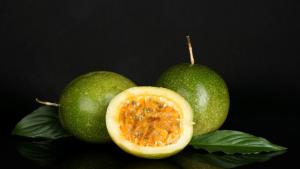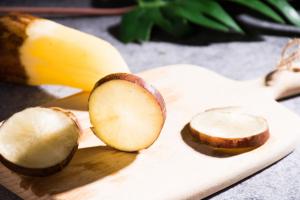Is Plant Protein as Good as Whey?
Protein is an essential nutrient that our body needs for various functions, including building and repairing tissues, producing enzymes and hormones, and supporting the immune system. For people who engage in physical activities like weightlifting or bodybuilding, protein intake is even more vital as it helps in muscle recovery and growth. While whey protein has been the go-to supplement for many athletes and fitness enthusiasts, plant-based protein sources are gaining popularity as an alternative. In this article, we will explore whether plant protein is as good as whey protein.
What is Whey Protein?
Whey protein is derived from milk and is a byproduct of cheese production. It is a complete protein, meaning it contains all the essential amino acids that our body needs. Whey protein is easily digested, absorbed, and utilized by the body, making it an excellent source of protein for muscle recovery and growth. Moreover, whey protein is also rich in leucine, an essential amino acid that plays a crucial role in muscle protein synthesis.
What are the Benefits of Plant Protein?
Plant protein is derived from sources like peas, rice, soybeans, and hemp, among others. While plant protein is not a complete protein and lacks some essential amino acids, combining different plant protein sources can provide a complete amino acid profile. Additionally, plant protein is rich in fiber, vitamins, and minerals, which are essential for overall health. Plant protein sources are also suitable for people with dietary restrictions, such as those who follow a vegan or vegetarian diet.
Is Plant Protein as Good as Whey Protein for Muscle Building?
When it comes to muscle building, whey protein has an edge over plant protein due to its high biological value and leucine content. However, consuming optimal amounts of plant protein can also provide similar benefits. A 2017 study published in the Journal of the International Society of Sports Nutrition found that pea protein supplementation after resistance exercise resulted in similar muscle thickness and strength gains as whey protein. Another study from 2019 published in Nutrients journal found that consuming pea protein before and after exercise improved muscle thickness and strength gains similar to whey protein in resistance-trained men. Therefore, it is safe to say that plant protein can be as good as whey protein for muscle building if consumed in adequate amounts.
What are the Other Benefits of Plant Protein?
Plant protein has several benefits that whey protein lacks. As mentioned before, plant protein is rich in fiber, vitamins, and minerals, which can help in weight management, gut health, and overall well-being. Moreover, plant protein sources are eco-friendly and sustainable, making them a better choice for the environment. Plant protein-based supplements are generally lactose-free and may be easier to digest for people with lactose intolerance or digestive issues.
Conclusion
In conclusion, both whey protein and plant protein have their benefits, and choosing the best one depends on personal preferences, dietary restrictions, and fitness goals. Whey protein is an excellent source of complete protein and leucine, making it ideal for muscle recovery and growth. On the other hand, plant protein sources are eco-friendly, sustainable, and rich in fiber, vitamins, and minerals, making them a better choice for overall health and wellbeing. While consuming whey protein in optimal amounts may provide the best results for muscle building, plant protein can also provide similar benefits when consumed in adequate amounts.

 how many times do yo...
how many times do yo... how many planted tre...
how many planted tre... how many pine trees ...
how many pine trees ... how many pecan trees...
how many pecan trees... how many plants comp...
how many plants comp... how many plants can ...
how many plants can ... how many plants and ...
how many plants and ... how many pepper plan...
how many pepper plan...






























